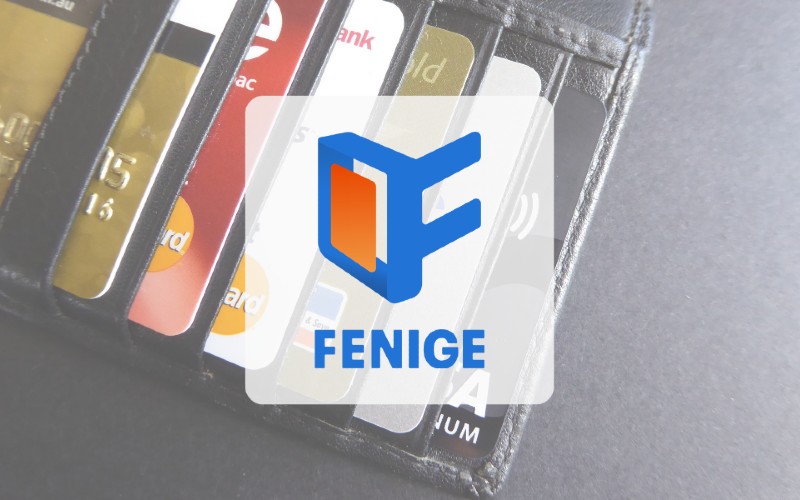As remote work and flexible employment models continue to grow rapidly, payouts are becoming a key component of the gig economy. Freelancers, drivers, couriers, digital creators, and consultants all expect fast and simple payouts – without complex bureaucracy or unnecessary costs. In this context, fintechs are playing a growing role. Here’s how modern payment technologies are helping micro-entrepreneurs and remote professionals.
What is the gig economy model and how is it changing the payouts landscape?
The gig economy refers to work carried out on demand, without traditional employment contracts – based on civil law agreements, digital platforms, or informal activities. This model values flexibility, independence, and speed of service delivery, but it also requires the ability to receive earnings immediately. Traditional payment systems – involving invoices, bank transfers, and long processing times – often fall short of these expectations.
For those working in the gig economy, payout timing often directly impacts financial stability – a lack of immediate funds may mean an inability to continue working. That’s why automated, fast, and often real-time payouts have become a foundation of the settlement process. These solutions are especially valued by micro-entrepreneurs who lack accounting departments or administrative resources.
Why speed and flexibility of payouts matter most
There’s no room for delays in the gig economy – the market expects payouts to appear almost immediately after task completion. Whether it’s a courier finishing a shift or a freelancer submitting a project, instant payment is often not just a convenience, but a necessity.
Flexible payout systems also allow for partial payments, custom schedules, and disbursements to various channels – bank accounts, payment cards, or digital wallets. This gives users real control over their finances, without having to wait for intermediary approvals. For platforms that rely on remote workers, this means higher satisfaction and retention – as well as streamlined internal payment operations.
How fintech simplifies payout infrastructure for platforms and apps
Traditional payment infrastructure was not designed for millions of microtransactions carried out by independent workers across borders. This is where fintech comes in – offering lightweight, scalable, and easily integrable payout systems. These solutions are built on APIs that can be deployed without building proprietary banking networks or card-processing systems.
Fintechs also enable multi-currency support, automatic FX conversion, real-time reporting, and full compliance with local regulations. A good example is Fenige, a licensed payment institution that offers platforms the ability to send funds directly to debit or credit cards – even in dozens of countries at once. This means easy integration and full automation of the payout process, giving platforms a clear competitive advantage.
Security and compliance as the foundation of mass payouts
For mass and international payouts, legal compliance is a critical factor – covering PSD2, AML, KYC, and local tax regulations. Gig economy platforms face the dual challenge of regulatory adherence and protecting the personal and financial data of thousands of users.
Fintechs address these needs by implementing data encryption, identity verification, transaction monitoring, and fraud prevention mechanisms. Importantly, many of these processes run in the background, without involving end users in extra paperwork or friction. This allows micro-entrepreneurs to access advanced payment technologies without needing deep legal or compliance knowledge.
Personalization, transparency, and user comfort for remote workers
Modern payout systems must not only function seamlessly, but also offer a clear interface, transaction history, real-time notifications, and payout method options. For remote workers and freelancers, this translates to confidence and control – they know when and how they’ll get paid and can track their payouts easily to plan their work and finances.
Solutions provided by Fenige also allow for white-label payout portals, visually and functionally tailored to specific platforms or apps. As a result, each micro-entrepreneur has access to a professional, intuitive settlement tool that supports their work and minimizes stress related to delays or financial uncertainty. In turn, platforms gain loyalty and deeper engagement from their contractor communities.
Summary
Payouts are the foundation of the modern gig and remote work economy. Thanks to fintech, payouts to freelancers, couriers, drivers, and thousands of micro-entrepreneurs have become faster, simpler, and more automated. What ensures the effectiveness of these systems is not only advanced technology, but also legal compliance, robust security, and a focus on real user needs. These are the areas where fintech companies are setting new standards and helping shape the future of work.


